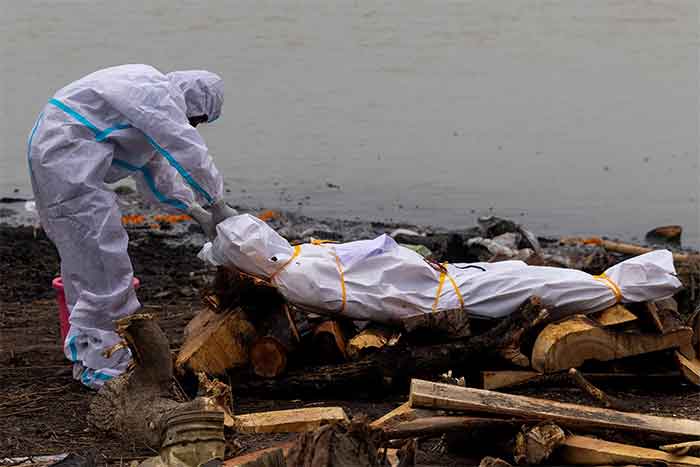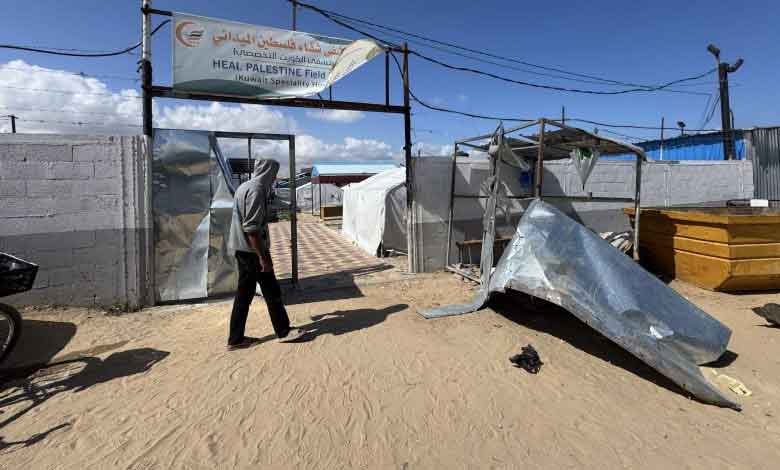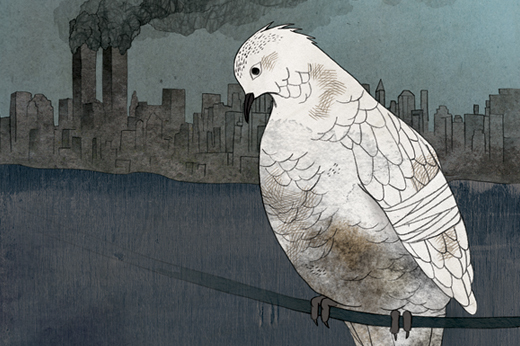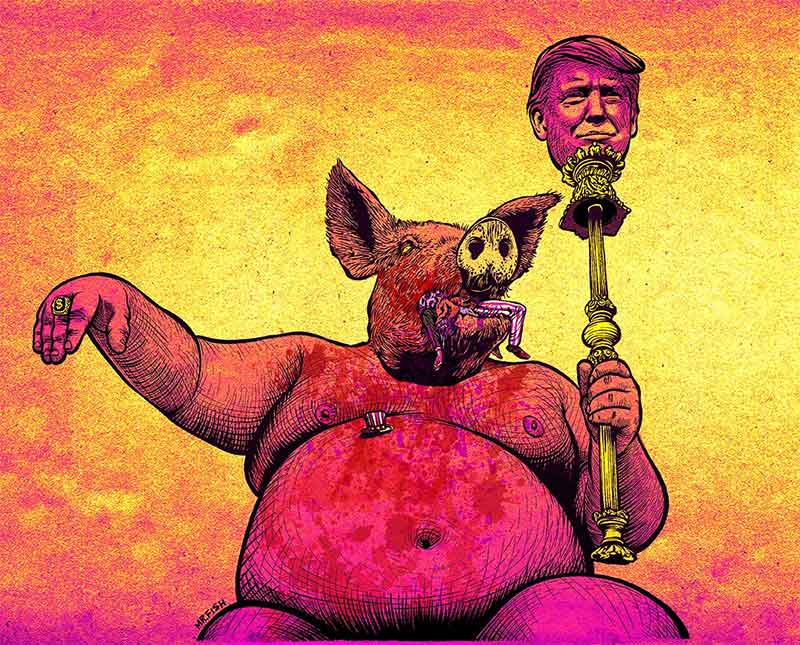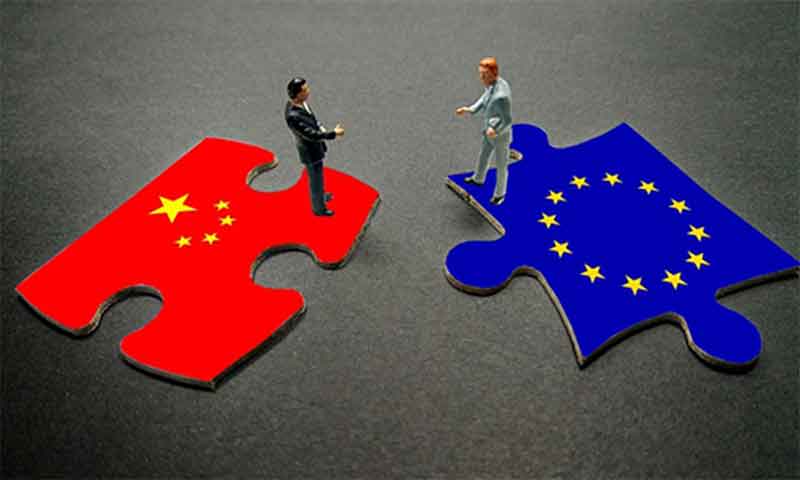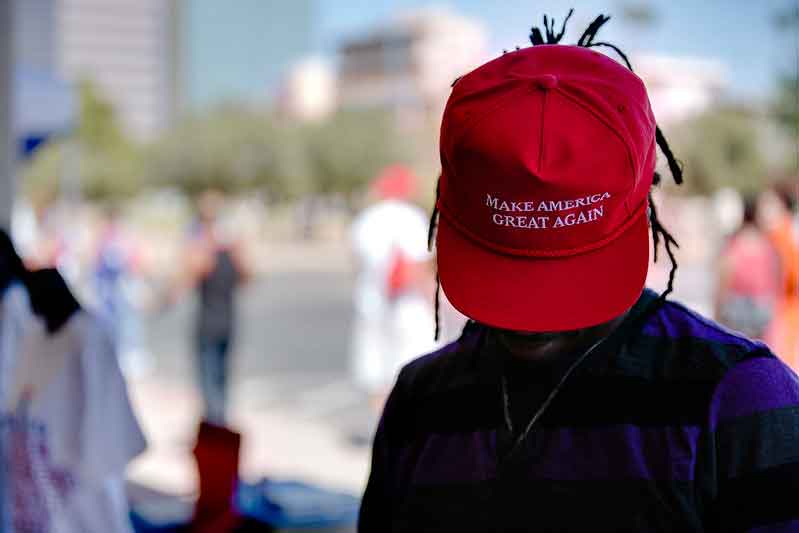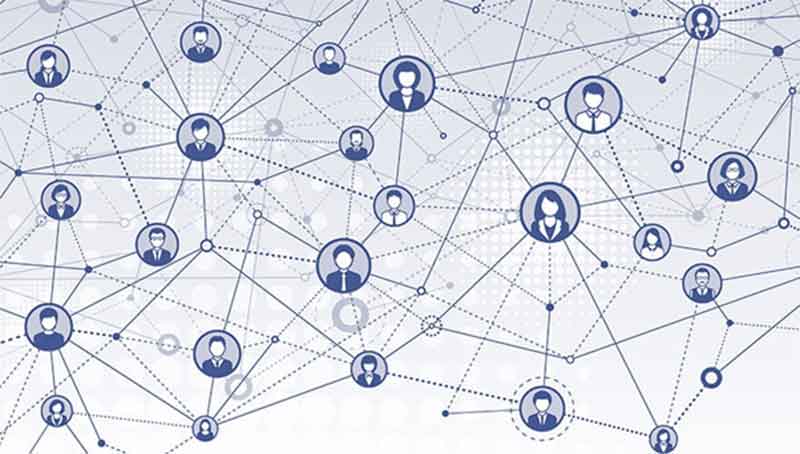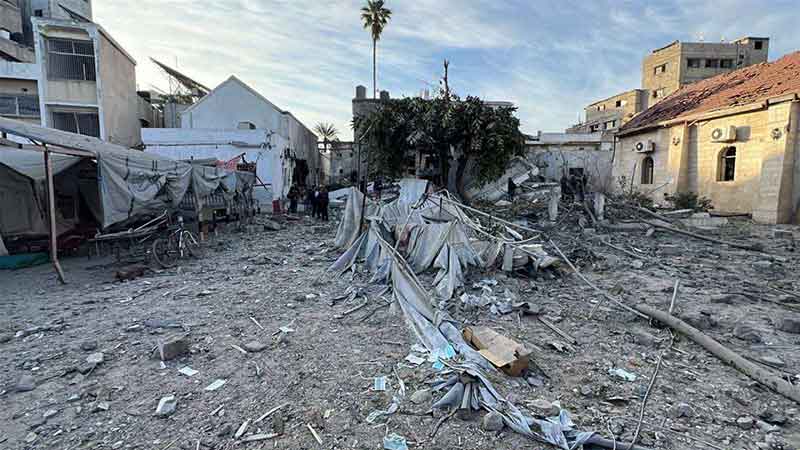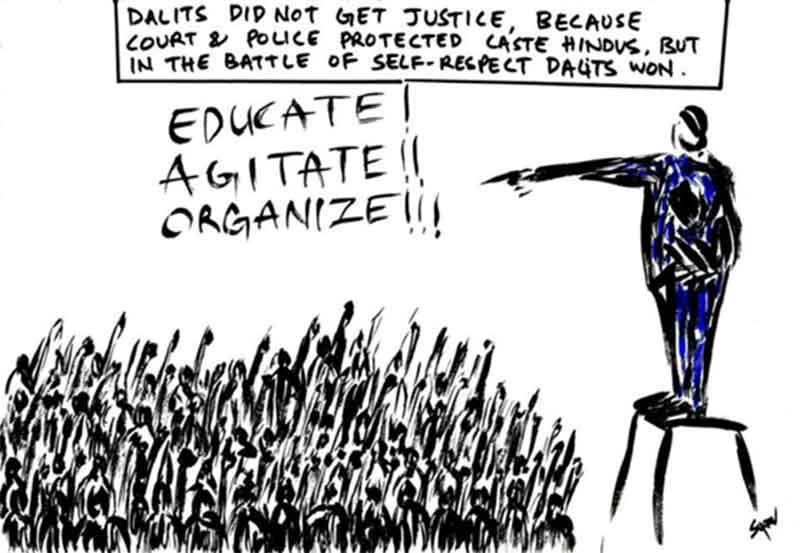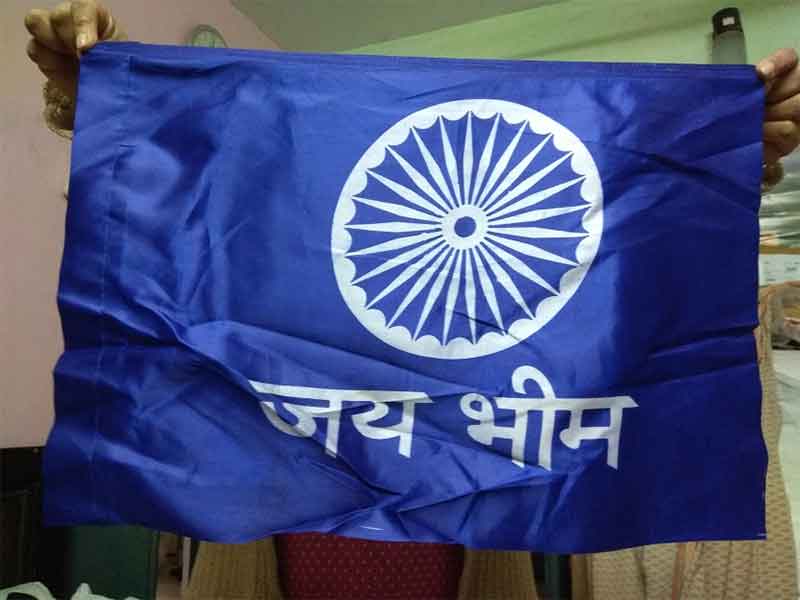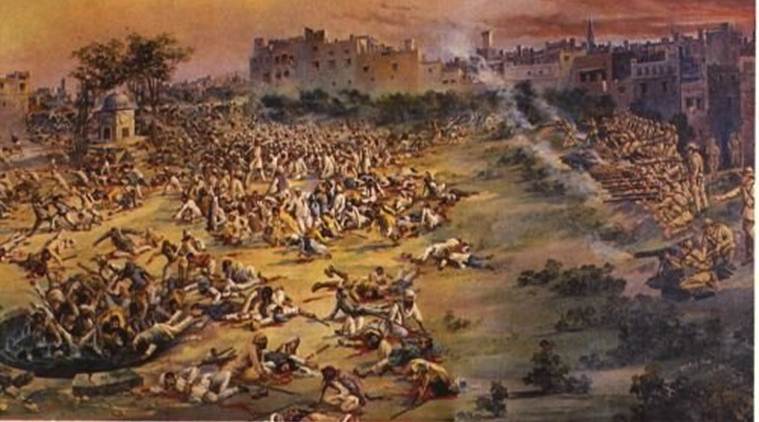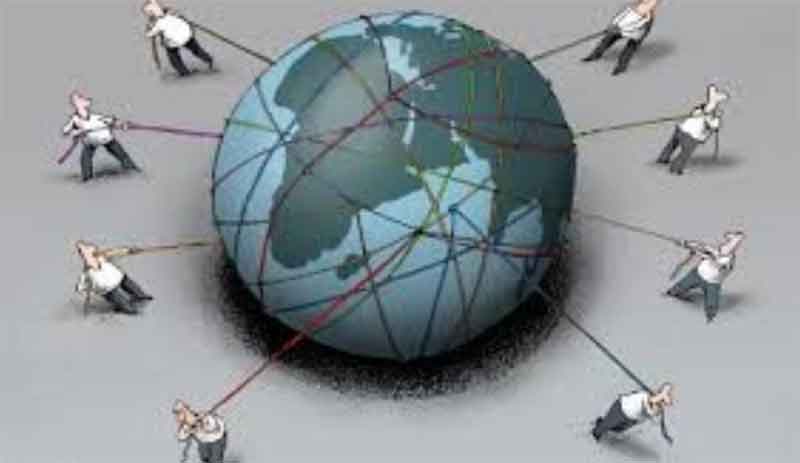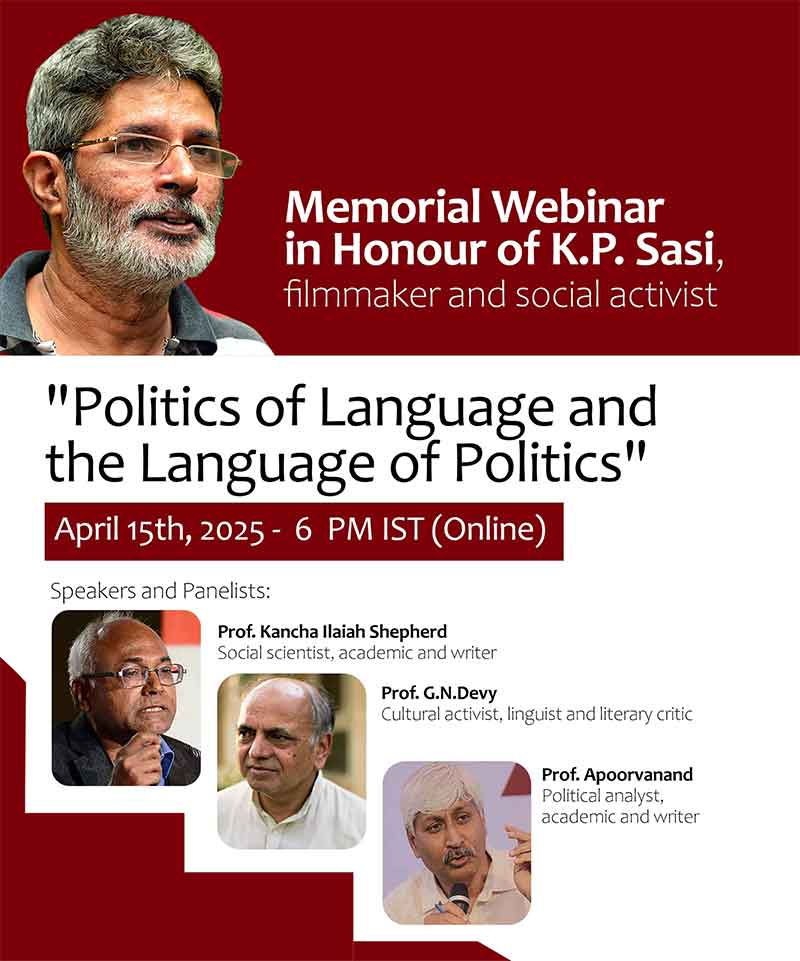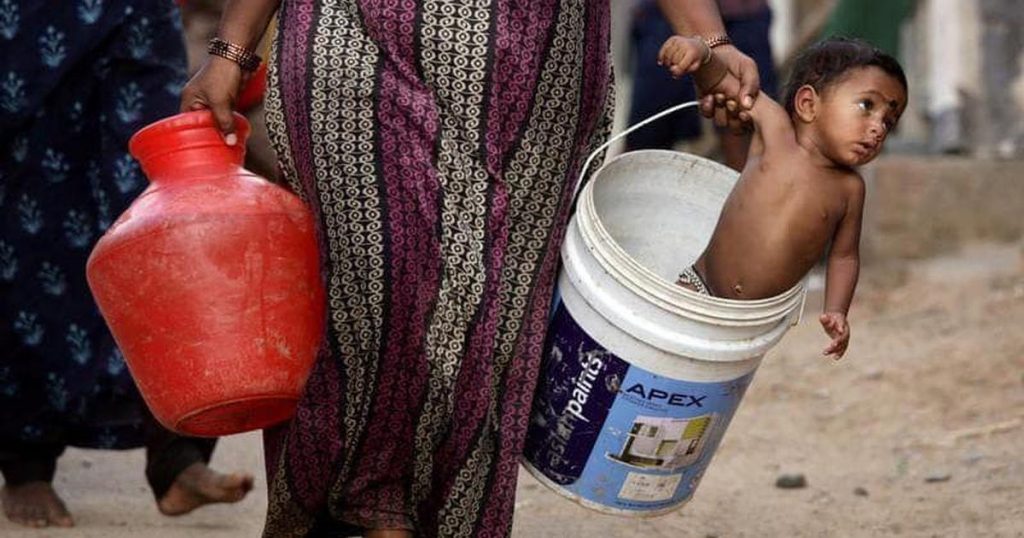
My History teacher used to tell us, “If France sneezes, the whole of Europe catches cold”, but we are not at that anymore. I wish we were, but we are not. We are far more interconnected, far more intertwined and a lot more interdependent. In fact, the global world has taught us that if any one region sneezes, the whole world will eventually catch a cold. The novel Coronavirus has come as a lesson for us, the Night King of George R.R. Martin’s, which is the only reason we the humans can unite, after which we can go back to disputing among ourselves over petty issues, if at all, we survive this. The 1997 Asian financial crisis should have been a lesson to us, as Hyman Minsky had claimed that a seemingly “insignificant” event would be enough to trigger a global mess in a booming economy, heavily criticizing a capitalist economy. We did not learn, neither is COVID-19 pandemic an “insignificant” event in any way. The 2008 financial crisis should have been another lesson to us, our system is fragile, the need for another system than this mere Pollyannish view was becoming more than important. Yet again, we did not learn. Now is indeed the time.
Albert Camus wrote that during a pandemic, the man who infects hardly anyone is the man who has the fewest lapses of attention. Indeed, the microbe is the only natural thing and society is a miracle! After all, a society is built on trust, but it is this very “trust” that we lose once we hit even the sense of a crisis. People have started hoarding medical supplies, sanitizers and toilet papers, not just here in Assam but across the world. It is not just societies which are built on trust, banking is also built on trust and it is indeed fascinating how the novel Coronavirus has made us so easily “distrust” each other, patients suffering from the virus are no longer sympathized, leave alone the sense of empathy. Ostracization because of a disease has become more real once again, we are definitely not past the days of leprosy and how people were treated back then. New notions of discrimination and racism have emerged, with news of North Eastern students being harassed in the rest of the country, a European couple being heckled in Assam and a Mizo student beaten up in Israel thinking him to be “Chinese” emerging from around the world. People of all regions are in all other regions, our economic systems might have opened up but we remain closed when it comes to accepting others as the same.
How can a crisis of this enormity be beaten if we do not stand united against it, which emerged because of an interconnected world in the first place? One of the first steps taken by the State was to bring back the Indian students from Wuhan. Chinese pharmaceutical imports to India were subsequently stopped. Overall Chinese exports declined. Producers of medical supplies have been surged with a global demand, pitting countries against one another, individuals against one another. The news from Italy that the elderly people are not getting deserved treatment because there time is nigh is not just heartbreaking and distressing but also a reflection of how far we have come as a capitalist society, keeping our individual needs ahead of anybody else’s, competing against each other, literally, for survival. Indeed, it is survival of the fittest. In early March, Italy asked for the other EU countries for help, none of the responded although Europe is supposed to be “one market”, so much for the closely integrated Euro Zone dream! This article does not mean to call globalization a failed system, what I mean to reflect upon is the fragility of the globalized world, the unprecedented impact on our day-to-day livelihood triggered in a wet market somewhere in Hubei in Wuhan, which most of us might not even had heard of!
The biggest criticism against globalization at this point would not be the interconnectedness, rather it is the rising specialization of labour that it brings in. There are efficiencies in this model, but it also exposes the vulnerabilities of such a system, with a crisis in one region leading to a breakdown of the supply chain exaggerating the crisis further. When there is such a heavy reliance on movement of capital, money, goods, services and humans within regions, a sudden stop in this free movement leads to an unimagined and massive loss. Chinese manufacturers make half of the world’s masks and with the outbreak of the crisis, the Chinese government procured as many masks as they could from both domestic as well as international markets. But the crisis globalized, leading to a supply crunch in the other markets, with many other governments taking to prohibition of exports of medical supplies and not lending a hand to its “allies” even in times of the crisis. The countries, not “specialized” in this production of medical supplies, with their growing demand have been unable to cope with this crisis. True, the damage to human health and lives of the virus is huge, but the “distrust”, extrapolation and fear have contributed to most of it.
I want to drive home three things, first, putting all your eggs in one basket is never a good idea. Specialization of labour across regions will inherently fail as a system, it does not merely remain and import and export of goods and services, but of diseases and distress as well. Second, the need for a universal health care system will perhaps not find a better argument, even one man getting sick and dying because of a failure of the system is not a good sign, health care needs to be affordable and good, the idea of one man dying for the greater good of the community should not be encouraged, all lives matter, all lives are equally precious. Third, it is time we think about the inequalities existing in our society, this can be in terms of rich and poor countries, individuals or communities. Diseases do not have an economic status, but one group of people shall not be more vulnerable than another group of people. The life of a daily wage worker is equally important as compared to any other rich person. It is easy to preach about washing hands and taking precautions, but we should not forget that the very act of staying at home and washing hands could be a luxury and privilege in a world when close to 60% of the people in the world are informal workers and close to 2.2 billion people do not even have access to clean water!
Ritwika Patgiri, PhD Research Scholar, Faculty of Economics, South Asian University, New Delhi
SIGN UP FOR COUNTERCURRENTS DAILY NEWS LETTER





